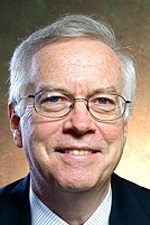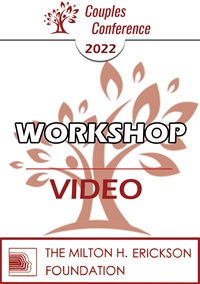CC22 Workshop 05 - Polarization in Intimate and Civic Life - William Doherty, PhD
- Average Rating:
- Not yet rated
- Topic Areas:
- Workshops | Conflict | Couples Therapy | Cultural and Social Contexts
- Categories:
- Couples Conference | Couples Conference 2022 | Pioneers in Couples and Family Therapy
- Faculty:
- William Doherty, PhD
- Course Levels:
- Master Degree or Higher in Health-Related Field
- Duration:
- 1:49:59
- Format:
- Audio and Video
- Original Program Date:
- Jun 24, 2022
- License:
- Never Expires.
Description
Description: During this time of extreme polarization in the country, political stress has invaded couple relationships. Loyalties to different political tribes create tensions, as do different ways of coping with this stressful environment. This is new territory for couples therapists, and of course we are dealing with our own distress about what’s going on the country. The presenter will offer clinical strategies for helping couples in turbulent times, along with examples of how he has applied couples therapy strategies to create community interventions to reduce polarization, via the nonprofit Braver Angels.
Learning Objectives:
1. Participants identify the major sources of political polarization in contemporary society.
2. They describe the effects of political stress on couple relationships.
3. They discuss general ways to help couples cope with political stress.
4. They identify ways that couples therapy knowledge can apply to political polarization.
Credits
Handouts
| Timestamped Transcript (1.1 MB) | 28 Pages | Available after Purchase |
| Ericksonian Learning Snapshot (248.9 KB) | 2 Pages | Available after Purchase |
Faculty

William Doherty, PhD Related Seminars and Products
William J. Doherty is an educator, researcher, therapist, speaker, author, consultant, and community organizer. He is Professor and Director of the Marriage and Family Therapy Program in the Department of Family Social Science, College of Education and Human Development, at the University of Minnesota, where he is also an adjunct Professor in the Department of Family Medicine and Community Health.


